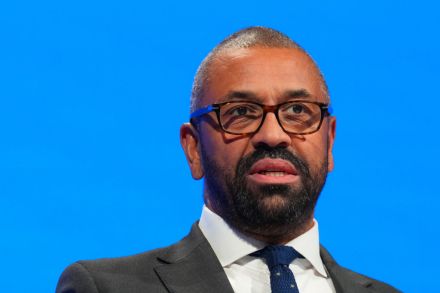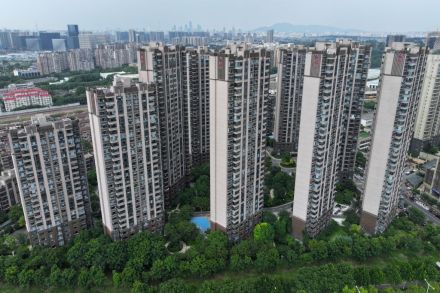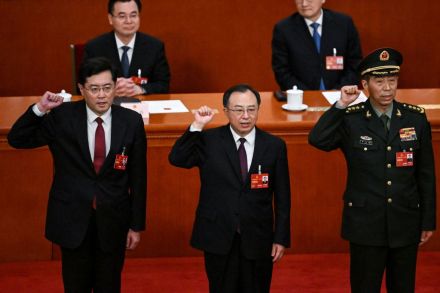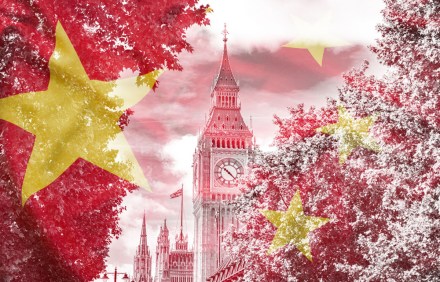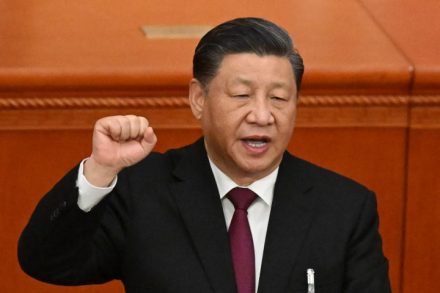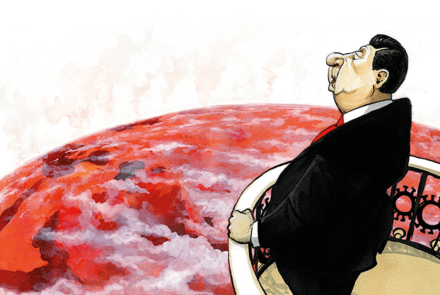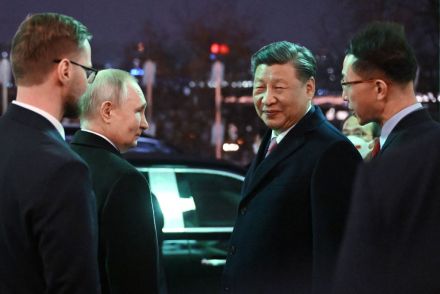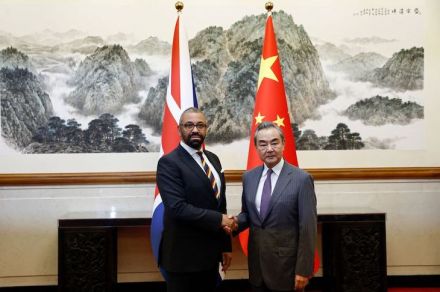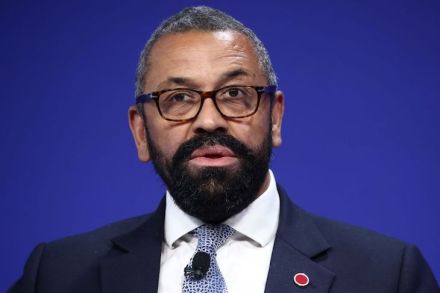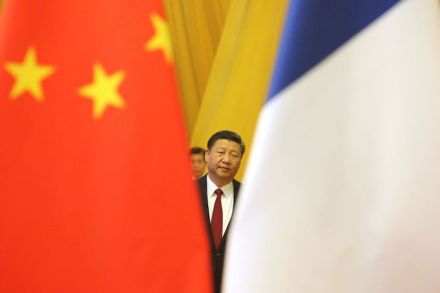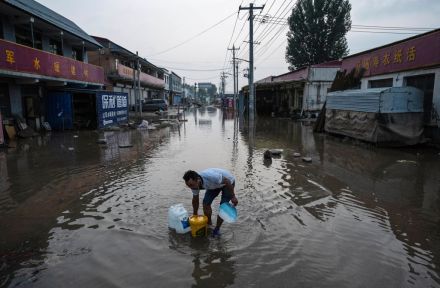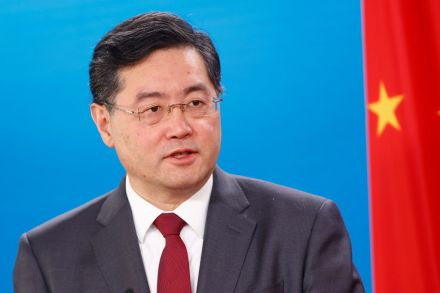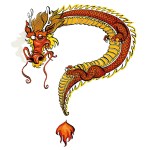James Cleverly defends his China policy
How should Britain handle its relationship with China? That’s an increasingly fraught question inside the Tory party lately, with several China hawks in government and on the backbenches keen to limit engagement while classifying the country as a security threat. Earlier this year, James Cleverly faced criticism after becoming the first UK Foreign Secretary to visit Beijing in five years – a trip he defended at the time as necessary for diplomacy, arguing that disengaging from the country was not ‘credible’. Speaking to Cindy Yu at conference today, for a special edition of the Chinese Whispers podcast, Cleverly defended his position again, saying: ‘Foreign secretary flies to foreign country to have
